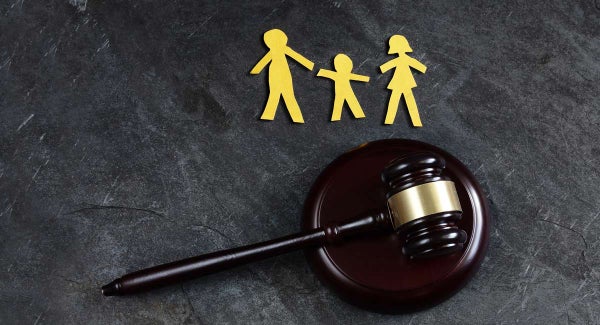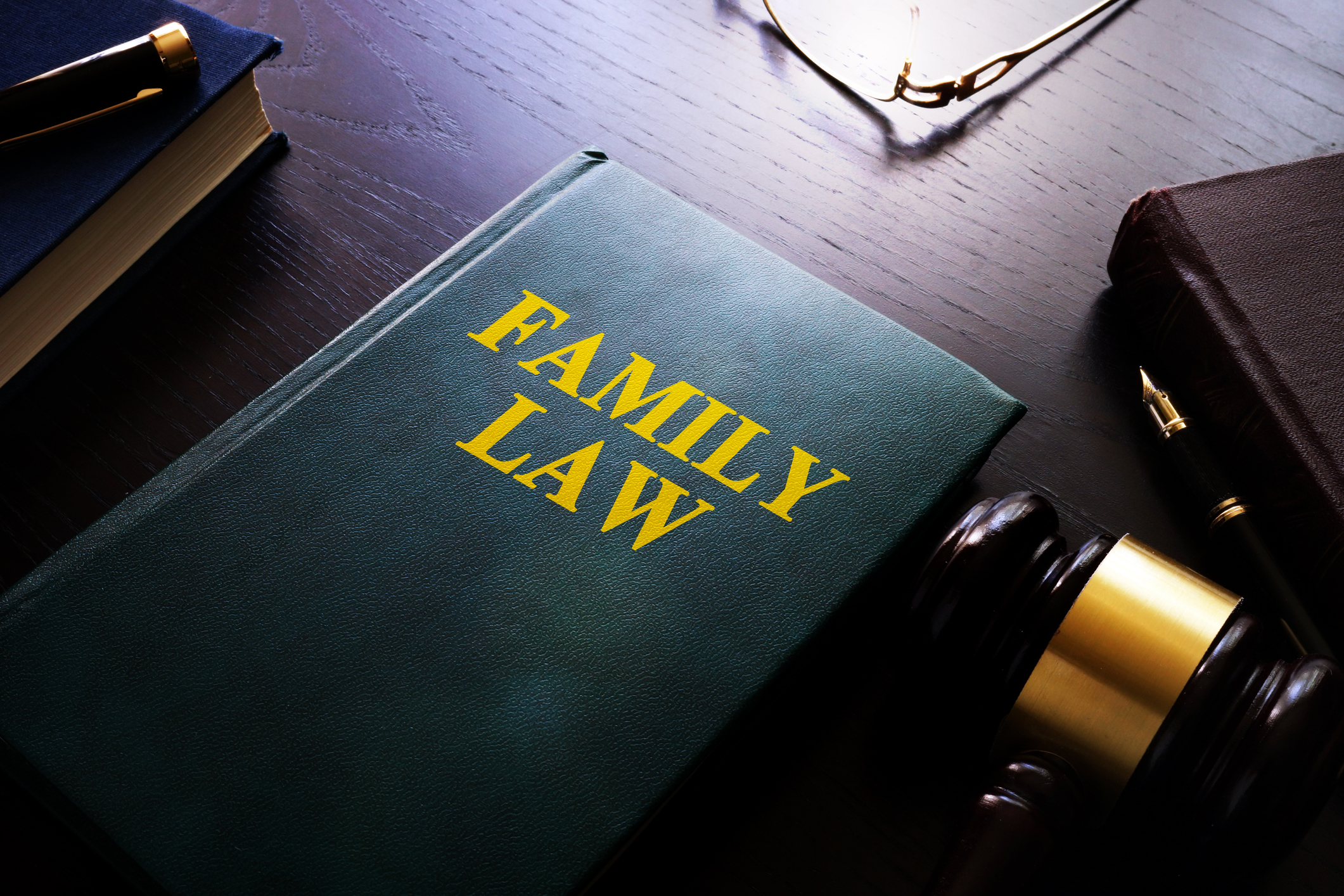 A court should consider a number of factors in deciding a Texas custody case. Even when the court determines the parents should be joint managing conservators, the court does not have to award equal periods of possession and access to the child to each parent. Tex. Fam. Code § 153.135. Under Texas law, there is a rebuttable presumption that the standard possession order serves the child’s best interests. Tex. Fam. Code § 153.252. A father recently challenged the divorce decree giving the mother the right to designate the child’s primary residence and awarding him the standard possession order.
A court should consider a number of factors in deciding a Texas custody case. Even when the court determines the parents should be joint managing conservators, the court does not have to award equal periods of possession and access to the child to each parent. Tex. Fam. Code § 153.135. Under Texas law, there is a rebuttable presumption that the standard possession order serves the child’s best interests. Tex. Fam. Code § 153.252. A father recently challenged the divorce decree giving the mother the right to designate the child’s primary residence and awarding him the standard possession order.
Trial Court Initially Awards Father Primary Custody
According to the appeals court’s opinion, the parties’ child was born about three months after they married in 2014. The parties separated in 2016 and the mother petitioned for divorce in March 2017. The court signed temporary order giving the father the exclusive right to designate the child’s primary residence in Travis County.
At the custody hearing, there was evidence the mother had sustained a serious brain injury the previous year. There was significant testimony about her mental health before and after the separation and about how her injury affected her ability to take care of the child.
 Texas Divorce Attorney Blog
Texas Divorce Attorney Blog


 A Texas custody order may only be modified in certain circumstances. The parents may agree to change the order. The court may order modification if the child is at least twelve years old and wants to change which parent has primary custody. Otherwise, the parent seeking the modification must generally show that there has been a material and substantial change in the circumstances of the child or a parent since the current order was rendered. The court must consider the facts and circumstances of the specific case to determine if there has been a material and substantial change in circumstances. Common situations that may lead to a material and substantial change in circumstances include marriage, a change in employment, or relocation of a parent’s primary residence. Courts have also recognized changes related to the relationship between the parent and child, including abuse, mistreatment, or “poisoning the child’s mind.” In all cases, the modification must be in the child’s best interest.
A Texas custody order may only be modified in certain circumstances. The parents may agree to change the order. The court may order modification if the child is at least twelve years old and wants to change which parent has primary custody. Otherwise, the parent seeking the modification must generally show that there has been a material and substantial change in the circumstances of the child or a parent since the current order was rendered. The court must consider the facts and circumstances of the specific case to determine if there has been a material and substantial change in circumstances. Common situations that may lead to a material and substantial change in circumstances include marriage, a change in employment, or relocation of a parent’s primary residence. Courts have also recognized changes related to the relationship between the parent and child, including abuse, mistreatment, or “poisoning the child’s mind.” In all cases, the modification must be in the child’s best interest. When a court considers Texas child custody and visitation, the child’s best interest is the primary concern. The court considers certain factors, including what the child wants, the child’s current and future needs, any danger to the child, the parents’ respective abilities, programs available, the parents’ plans for the child, stability, any acts or omissions indicating the relationship between the parent and child is not proper, and any excuse for those acts or omissions.
When a court considers Texas child custody and visitation, the child’s best interest is the primary concern. The court considers certain factors, including what the child wants, the child’s current and future needs, any danger to the child, the parents’ respective abilities, programs available, the parents’ plans for the child, stability, any acts or omissions indicating the relationship between the parent and child is not proper, and any excuse for those acts or omissions.
 If a parent in a Texas child-support case is intentionally unemployed or underemployed resulting in an income significantly less than what they could earn, the court may calculate child support based on their earning potential. Tex. Fam. Code § 154.066(a). The other parent has the burden of showing that the parent is intentionally unemployed or underemployed.
If a parent in a Texas child-support case is intentionally unemployed or underemployed resulting in an income significantly less than what they could earn, the court may calculate child support based on their earning potential. Tex. Fam. Code § 154.066(a). The other parent has the burden of showing that the parent is intentionally unemployed or underemployed. Generally, there must be a material and substantial change in circumstances to justify a modification of a Texas custody order. An
Generally, there must be a material and substantial change in circumstances to justify a modification of a Texas custody order. An  Sometimes one or both parents move after a custody order is issued. When parents move, they often want to modify custody and visitation. However, if both parents have moved out of state, issues of jurisdiction may arise. In a
Sometimes one or both parents move after a custody order is issued. When parents move, they often want to modify custody and visitation. However, if both parents have moved out of state, issues of jurisdiction may arise. In a  Courts often keep siblings together; however, in some Texas child custody cases, it is in the children’s best interest for them to be split up. When one or more children live with one parent and one or more children live with the other parent, each parent may be obligated to pay child support to the other. A father recently
Courts often keep siblings together; however, in some Texas child custody cases, it is in the children’s best interest for them to be split up. When one or more children live with one parent and one or more children live with the other parent, each parent may be obligated to pay child support to the other. A father recently